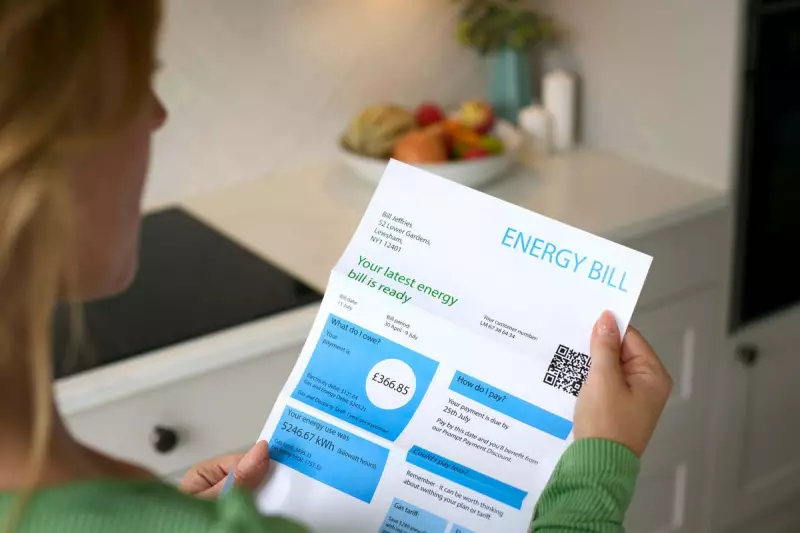
Millions of households across the UK are set to receive a small but welcome reduction in their energy costs at the start of the new year, according to fresh analysis from industry specialists.
A Temporary Respite for Household Budgets
Experts at the consultancy Cornwall Insight have forecast that the energy regulator Ofgem's price cap will decrease by 1 per cent in January. This change is predicted to shave approximately £22 a year off the average household's energy bill, bringing the typical annual charge down to £1,733.
This anticipated dip has been linked to a recent slight fall in wholesale energy prices. It is also expected to materialise despite the planned introduction of the Nuclear Regulated Asset Base (RAB) levy, a new charge designed to help fund future nuclear power stations, which is itself predicted to add around £10 a year to consumer bills.
The Warning of an Impending Spring Hike
Analysts are cautioning that the financial relief provided by the January adjustment is likely to be short-lived. Based on their most recent estimates, Cornwall Insight suggests the price cap will rise again from April, with an expected increase of around £75 per year for an average household.
Craig Lowrey, Principal Consultant at Cornwall Insight, provided context for the figures. "January’s price cap dip might look like good news but it’s only part of the picture," he stated. "Bills are still well above pre-crisis levels and are set to climb again in April, and this time it’s not higher wholesale prices driving the rise."
Investing in the Future of UK Energy
The primary driver for the predicted April increase is not volatile global gas prices but rising domestic network charges. The consultancy indicated the hike would be "largely due to rising charges associated with the operation and maintenance of the country’s energy networks, specifically electricity transmission and gas distribution charges."
Mr Lowrey elaborated on this necessary but costly transition, adding, "The shift to renewables will bring long-term stability and energy independence, but it’s not free. The upfront costs are real, and they’re landing on bills now. The challenge will be balancing short-term affordability with long-term resilience, and crucially making sure people understand why that trade-off matters."
This forecast paints a clear picture for consumers: a minor financial reprieve in the depths of winter will be quickly followed by a more significant financial pressure in the spring, underscoring the ongoing challenges of the UK's energy landscape.





